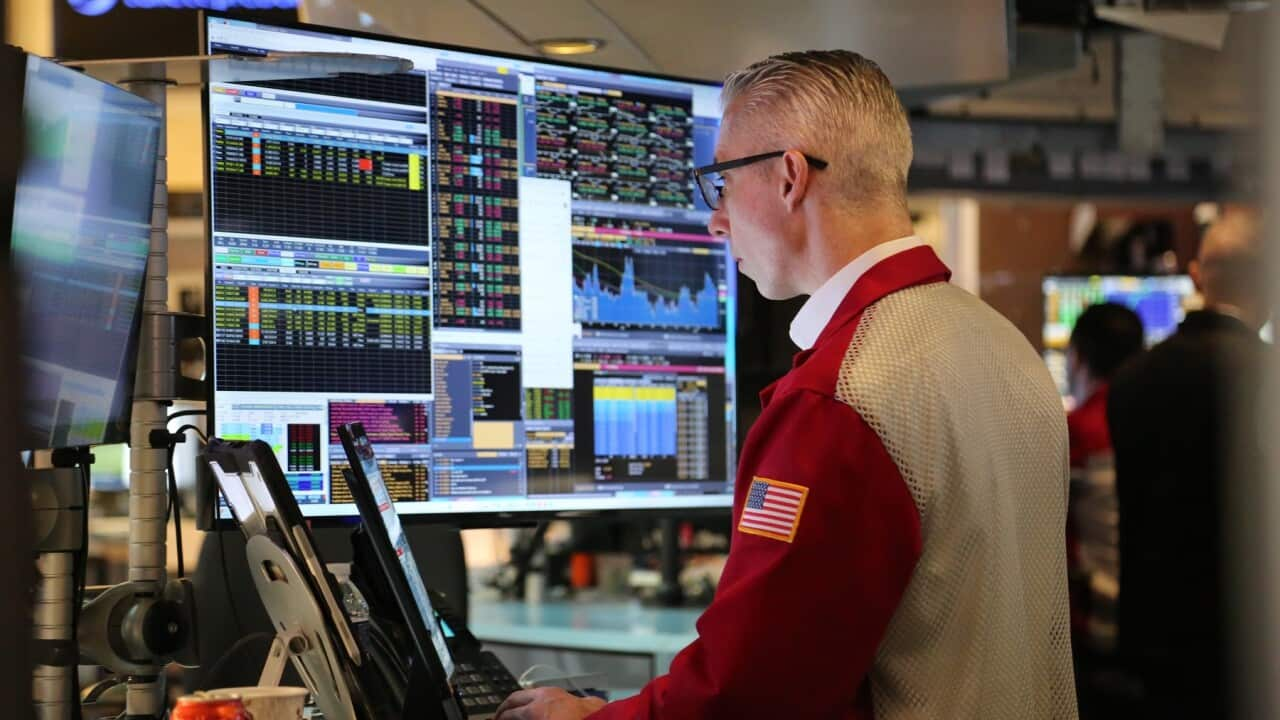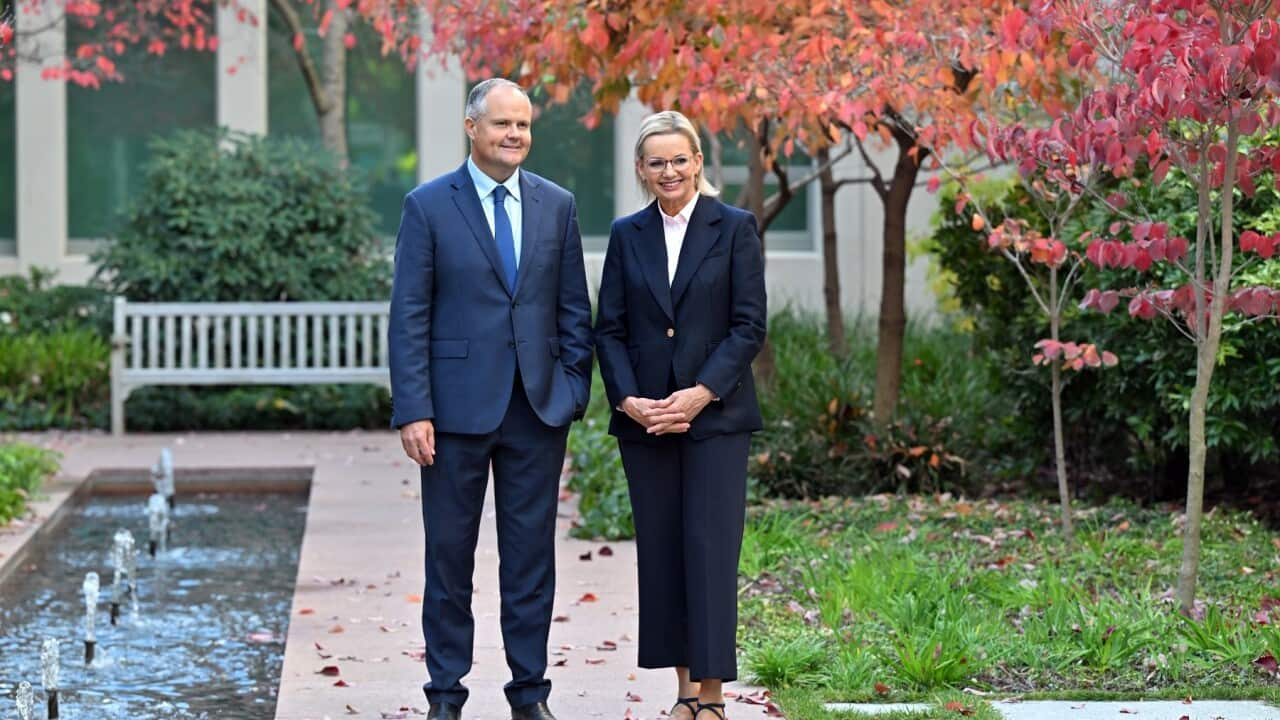TRANSCRIPT
Dating apps are now the most common way to meet a partner in Australia – but not everyone has a good story to tell.
Seven years ago, Melburnian Alita Brydon made a hobby of sharing her own experiences online.
“For so many years, I would go on bad dates. Sometimes they were bad, bad. And sometimes they were actually quite funny. So, I started this Facebook page not expecting it to grow as it did, and just share my own experiences in dating. But as the weeks went by, people started to write in with their own experiences and it grew, and it grew, and it grew. And I kind of realised that these feelings I had about bad dates and dating and these experiences - they weren't just me, they were all of us.”
Her page – Bad Dates of Melbourne – now has 171,000 followers on Facebook and another 26,000 on Instagram.
But as new data confirms that online dating is facilitating unsafe experiences for most users, the question that remains is: at what point does a bad date become something more sinister?
“Bad dates can be funny. When they're about bad breath or they're about someone forgetting their wallet accidentally. But there is a really serious side to them. If you swipe on apps, you'll know about this if you're a woman swiping on the apps because you see these messages and you experience that bad behaviour.”
Ms Brydon estimates that 20 per cent of the entries she receives are alarming.
Here are just a few.
“He told me to come to his house and meet him there. I said 'No, let's meet at the train station as agreed.' He then responds another four times that I should go straight to his house. I told him I'm not going to go to his house, to which I was told 'Is there something up with you? I'm not getting a very good vibe.'“
“I was recently made aware that some private and intimate pictures of myself have been posted online, along with my entire legal name. I'm not familiar with who posted the pictures, so I believe someone I once knew has shared them around.”
“I was incredibly anxious all of the time and became a shell of myself. Having little panic attacks at work, when exercising, at the supermarket, everywhere I went. It was affecting my work; I would cancel plans with friends constantly because he wasn't talking to me that day.”
“During the drink, he tries to get handsy and I said that I think he's being inappropriate. I said I've already told him to move slow and stop with the overt flirting. He said he can't help it. He asks how I'm getting home and I said, 'By Uber.' He then insists on driving me home and again I tell him 'I'm fine.'“
Research from the Australian Institute of Criminology reveals that almost three in four people experienced online sexual harassment, aggression or violence by someone they had met through an online dating platform in the five years to 2021 – with women disproportionately affected.
One in five reported being threatened and about one in eight people had images or footage taken of them without consent.
That data is now behind a new voluntary code – developed by industry at the request of the government – and designed to make dating apps safer.
This is Communications Minister Michelle Rowland speaking to ABC News.
“What we did as a government was being together the dating app sector, victim survivor groups, domestic and family violence experts, law enforcement, the regulators, to try and find a way in which we could have a solution to this, and we could incentivise industry to do better. I'm pleased to say that today, from the first of October, the voluntary dating apps code is now operationalised. The e-Safety Commissioner has reviewed the code and found it fit for purpose.”
The most popular apps including Bumble, Grindr, and Match Group's Tinder and Hinge, have all signed up to the code.
It means they need to put in place measures to detect potential online harm, take actions against perpetrators to make sure they can't create new accounts or jump across to another app and have a clear reporting mechanism to help victims.
They are further required to better engage with law enforcement and provide resources promoting support.
Associate Professor Lauren Rosewarne, from the school of Social and Political Sciences at Melbourne University, says companies have widely opted-in due to competitive pressure.
“There's a number of things going on in the dating app world - or the dating app landscape - that would motivate a company a company to say, 'we better opt-in rather than opt-out'. That's the perception that these companies don't care about their users. That idea of not caring about your users may work if you're the only game in town, but if there are multiple companies that are offering the same service, and some are opting-in and you're not, customers or clients are going to go elsewhere.”
A blueprint of reforms has been outlined by the main players.
A Match Group spokesperson pointed to safety tools such as photo and ID verification to prevent perpetrators from jumping across platforms.
It will also include in-app audio to cut out the need to share personal phone numbers or social media.
Bumble says data will be preserved as soon as there's a sexual assault complaint so the company can work with legal requests from law enforcement.
But Associate Professor Rosewarne says dating apps are becoming a scapegoat for an undiagnosed social problem.
“We've done this with the internet since day one. We always blame the internet without acknowledging it's actually humans who are using the internet. The internet is not randomly doing stuff on its own. Humans do stuff via the internet. Dating apps give people who would have been bad people offline an opportunity to be bad with the greater reach of doing it faster and having more victims. But it's only ramping up problems that already exist in society. People are getting duped and ripped off and abused in the same way that's happening - and has always happened - offline.”
She says equal attention needs to be given to dating-related abuse and harassment that occurs offline.
“I think there's a misunderstanding of how people meet in real life, in the sense that when people meet in real life no one is doing background checks. Bad things happen to people who've met partners offline, with nothing to do with the internet at all. The media loves to disproportionately focus on stories of crimes that have an internet or dating app connection. The reality is bad stuff happens online and offline and we shouldn't be making it that the technology is somehow mystically powerful.”
The code isn't a catch-all, with popular platforms such as running apps that allow messaging and other communication services not captured.
The e-Safety commissioner will assess the code's effectiveness over nine months.













